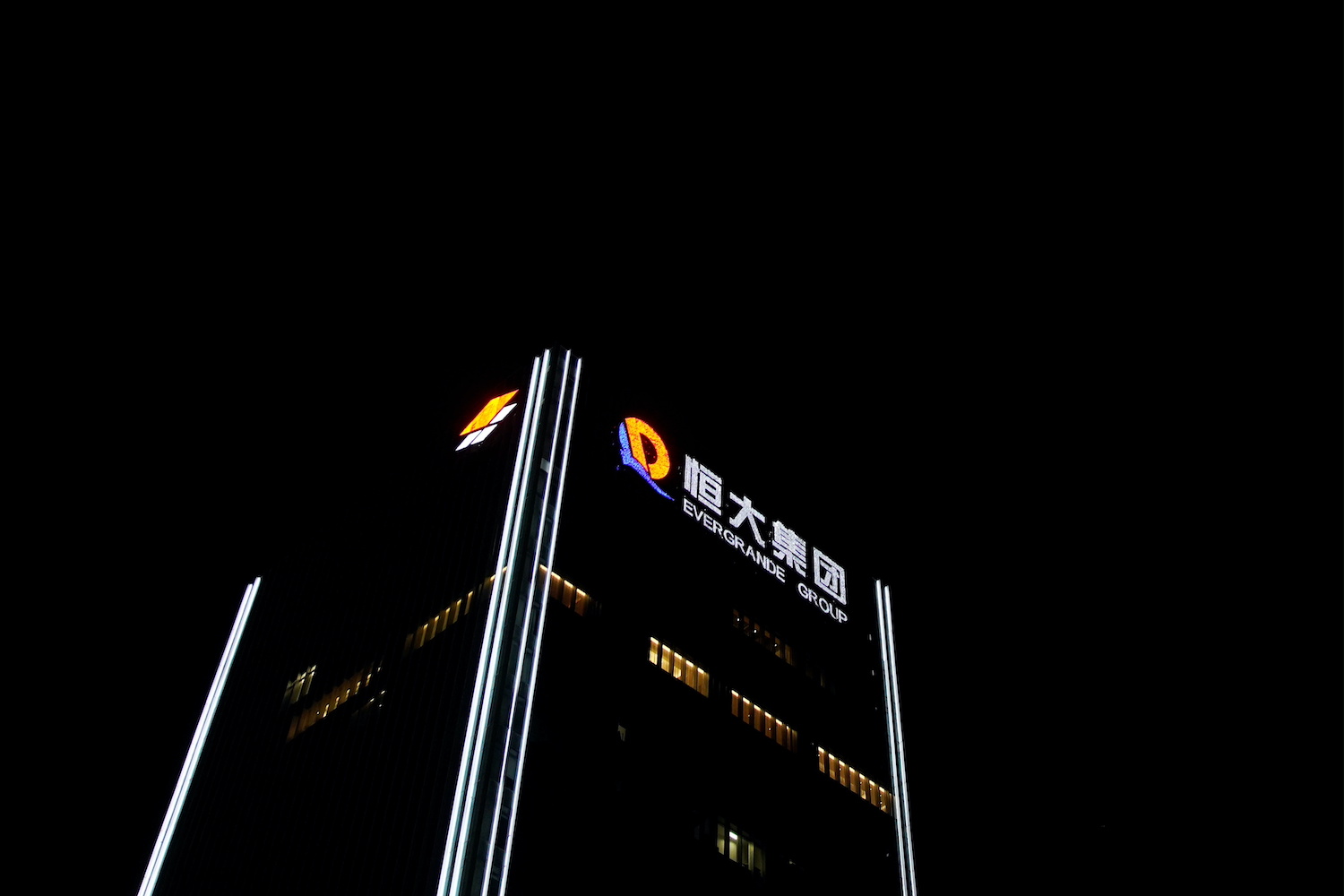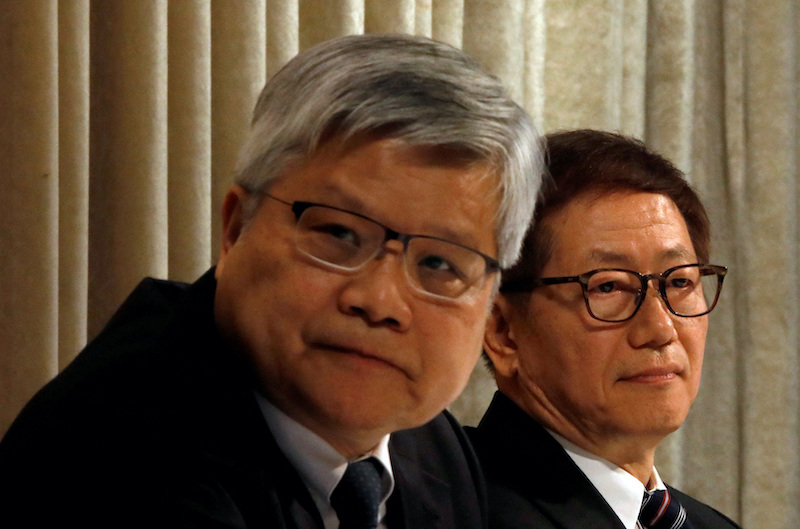China’s struggling Evergrande Group is to offer asset packages to creditors as a sweetener for agreeing to it restructuring its offshore debt, as the country’s property sector woes continue.
Evergrande’s restructuring proposal came on Friday as the company tries to keep its head above water as real estate firms lurch from one crisis to another, firefighting a string of debt demands.
So how did it come to this and will this latest move save the Evergrande Group?
How did Evergrande come into the public eye?
Chairman Hui Ka Yan founded Evergrande in Guangzhou in 1996 and listed the company in Hong Kong in 2009.
The company grew rapidly through a land-buying spree backed by loans and by selling apartments quickly at low margins. It was the second-largest developer in China in 2020, with $110 billion in sales, $355 billion in assets and more than 1,300 developments nationwide.
But after Evergrande plunging into a debt crisis in the middle of last year, its ranking slipped to No.5 for 2021 with $64.51 billion in sales. It slipped further down to No.32 in the first half of 2022.
The firm is in other businesses too, including insurance and electric vehicles (EVs), and even owns a soccer club. Hui said late last year Evergrande would make its electric vehicle venture its primary business, instead of property.
How did Evergrande’s debt crisis unfold?
In June 2021, Evergrande said it did not pay some commercial paper on time, and in July a court froze a $20 million bank deposit held by the firm at the bank’s request.
Evergrande said in late August construction at some of its developments had halted due to missed payments to contractors and suppliers. And in September, it sought payment extensions for trust and bank loans.
Liabilities, including payables, totalled $306 billion at end-June last year – equivalent to 2% of China’s gross domestic product.
Its entire $22.7 billion worth of offshore debt is now deemed to be in default after it missed several bond payments late last year. The crisis subsequently engulfed its peers as their credit conditions deteriorated, and drove several smaller firms to defaults.
How has Evergrande tried to raise funds?
Since the second half of 2020, Evergrande has had two share sales and sold stakes in its Hong Kong-listed property management unit Evergrande Property Services Group, EV unit China Evergrande New Energy Vehicle Group and HengTen Networks Group Ltd.
It has been trying to sell its assets, but said last year asset and equity disposal plans had failed to make material progress. Evergrande is trying to sell its Hong Kong headquarters again via a tendering process that ended this week, after a potential $1.7 billion deal collapsed late last year.
Hui also tried to free up funds from luxury assets including art, calligraphy and three high-end homes.
What role have regulators played?
Evergrande established a risk-management committee in December that included officials from state companies to assist in its debt and asset restructuring.
Authorities, including Vice Premier Liu He, the central bank and the securities regulator, have been assuring markets that risks to the property sector and economy can be controlled, and that Evergrande’s problems are mainly due to its “own mismanagement” and “break-neck expansion”.
They have also repeatedly encouraged banks to meet property developers’ financing needs where reasonable.
What’s next for Evergrande?
Evergrande’s debt restructuring plan will not only determine its future but also indicate how Beijing plans to overcome a deepening property sector crisis.
The most daunting task for the developer now is to finish building apartments for buyers. Its new CEO, Siu Shawn, said last week 96% of the developments across the nation have resumed construction.
On Friday, Evergrande said in a long-awaited update on its preliminary offshore restructuring proposal that it expected due diligence work on the group to be completed in the near future, and it aims to announce a specific plan in 2022.
- Reuters with additional editing by Sean O’Meara
Read more:
Beleaguered China Evergrande Group Loses Fitch Rating
Evergrande Looks at All Options to Pay Huge Offshore Debts
























